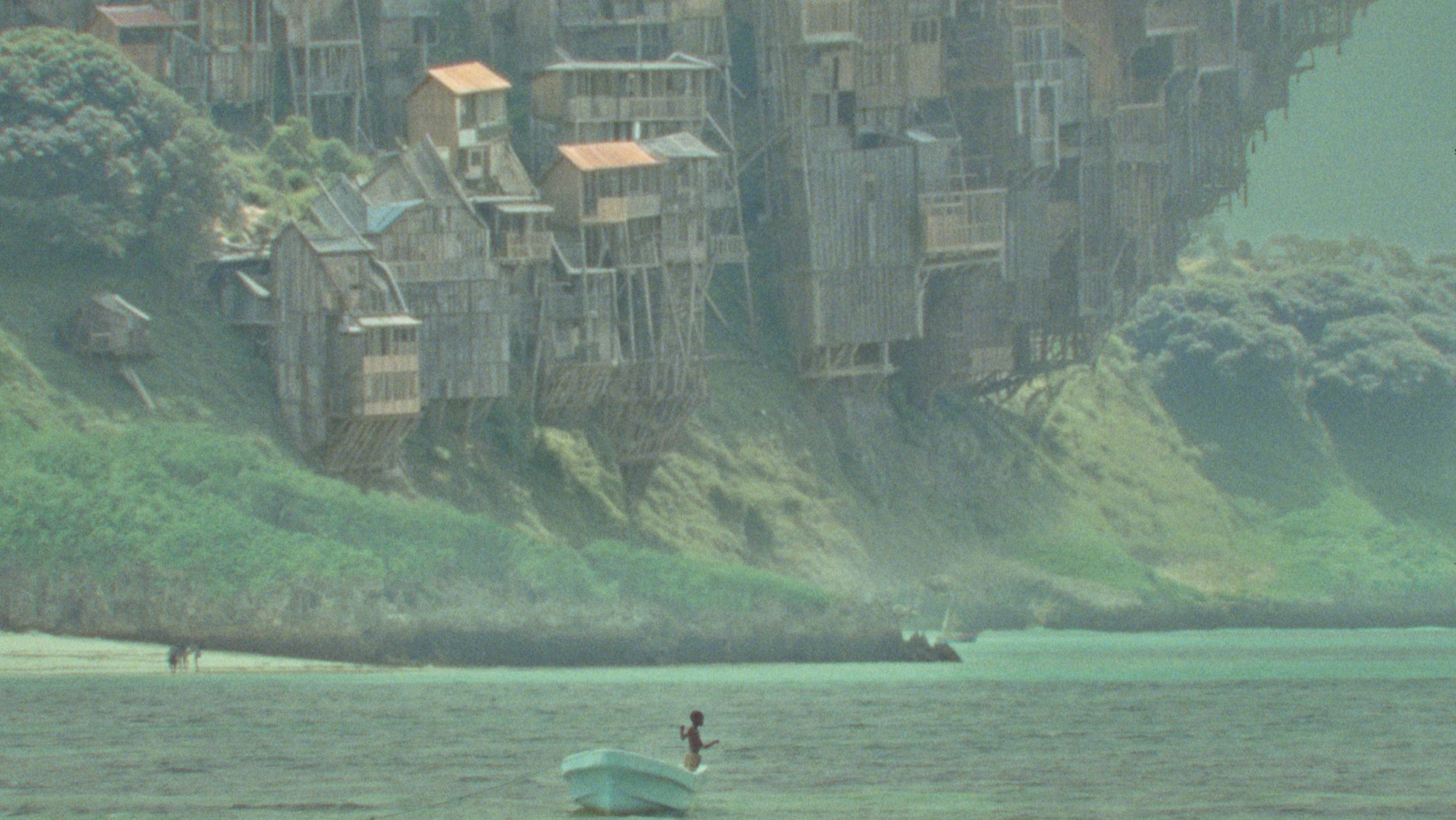Swiss-Kenyan filmmaker Damien Hauser has debuted his latest feature, Memory of Princess Mumbi, at the Giornate Degli Autori, part of the prestigious Venice Film Festival. This sci-fi romance mockumentary is set in a futuristic Africa and delves into themes of memory, the search for happiness in a troubled world, and the significance of everyday moments. Following its world premiere, the film is scheduled to screen at the Toronto International Film Festival starting this Friday.
In Memory of Princess Mumbi, aspiring director Kuve, played by Abraham Joseph, documents the aftermath of the Great War of the 2070s, which dismantled modern technology and revived ancient kingdoms. Contrary to his expectations of despair, Kuve encounters a village that has discovered peace. There, he meets Mumbi, portrayed by Shandra Apondi, who introduces him to the beauty of life’s small moments. The plot thickens with the presence of a prince, played by Samson Waithaka, who has promised to marry Mumbi, forming a complex love triangle.
AI’s Role in Modern Filmmaking
Hauser’s innovative approach includes the use of artificial intelligence (AI) in the filmmaking process. He began experimenting with AI-generated images for fun and soon realized the potential for integrating this technology into his narrative. “I tried to connect those themes, including why use AI and why it is a part of the whole story,” he explained. He aimed to create a film that AI could not replicate, emphasizing that AI relies on existing films and established narratives.
When discussing the ongoing debate over AI’s impact on creativity, Hauser stated, “Right now, to me, it is very much a tool.” He noted his long history in filmmaking, starting at age seven, and how technological advances have made it easier for independent filmmakers to create visual effects. Despite his enthusiasm for AI, Hauser expressed concerns about its potential to replace artists. “I don’t believe it will replace artists. It will affect some jobs, but at the same time, even if AI creates the ‘perfect movie,’ we yearn for something else.”
Editing and Experimentation
The editing process for Memory of Princess Mumbi spanned several months, with Hauser starting in February of the previous year and finishing just weeks ago. He described the two months of intense work as he balanced his editing schedule with a list of visual effects shots to complete each day. The film was shot documentary-style, resulting in over 44 hours of diverse footage, providing Hauser with the freedom to reshape the story during editing.
Hauser acknowledged that he effectively rewrote the film during the post-production phase, constantly refining the narrative to maintain audience engagement. He noted, “I really wrote the film in editing,” emphasizing the fluidity of the storytelling process.
While some may classify Memory of Princess Mumbi as Afrofuturism or compare it to big-budget films like Black Panther, Hauser clarified that he did not have these frameworks in mind during production. “I guess it is just an African sci-fi film. It is very much an experiment,” he remarked. He recognized that mainstream sci-fi films often prioritize commercial appeal, limiting creative experimentation.
Looking ahead, Hauser is optimistic about the future of cinema. He believes that as access to AI becomes more widespread, filmmakers will have the opportunity to explore unique narratives without the constraints of commercial viability. “Once people are able to tell their own stories, there will be so many crazy stories, new stories, new perspectives,” he concluded.



































































